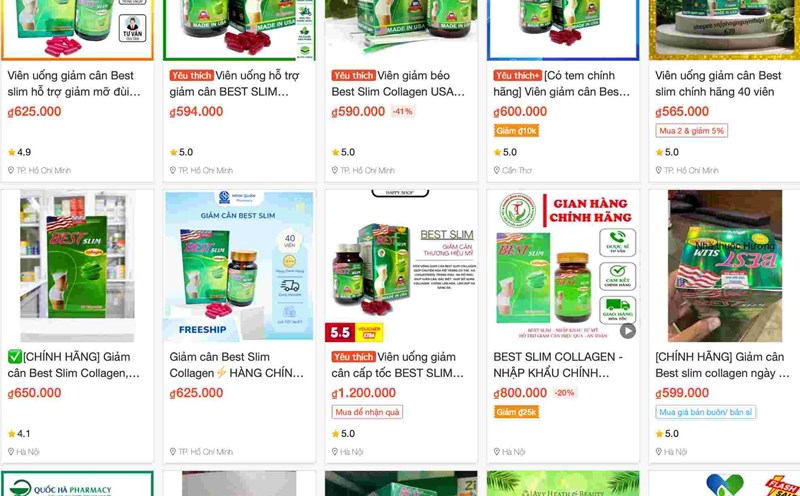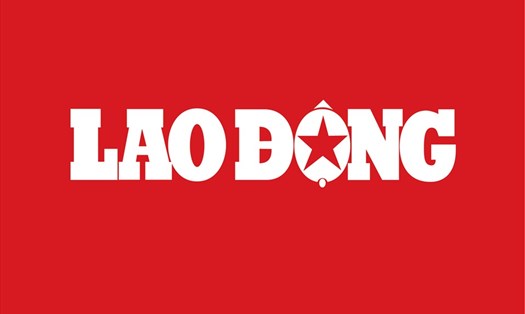Russia has become India's largest fertilizer supplier with large discounts in the context of Moscow being sanctioned by the West for its military campaign in Ukraine - The Indian Express reported.
According to the newspaper, in the past three months, India has imported 350,000 tons of diammonium phosphate, or DAP, a fertilizer that provides phosphorus nutrients for agricultural plants throughout the growth period of the plant.
Imports arrived at the right time to start sowing for the rainy season, expected to peak in July, The Indian Express said.
Russian fertilizer maker PhosAgro has provided fertilizer to Indian companies at large discounts and paid bank fees for payment transfers. Russian fertilizer prices for India are around $920-925/ton, lower than the supply prices of other international suppliers, including China, Saudi Arabia, Morocco and Jordan.
The prices offered by Russia coincide with the price ceiling that India has recently applied to fertilizer importers. The Indian Express also noted that the situation could force other fertilizer suppliers to reduce prices if they want to retain their market share in the Indian market.
The only issue with Russian imports is payment, a complex process that Russia is currently forced to carry out because of sanctions. However, the sources said Russia has introduced a "creative approach" to address the problem.
Sources explain that the risks in this case are borne by sellers (PhosAgro), because banks are not willing to open credit cards (to ensure payment) on behalf of importers.
Subsequent payments are made by transferring money by bank transfer to the seller's account, when the seller actually presents the necessary documents (copy of invoice, certificate of origin, shipping, insurance contract, etc.) 7-10 days after the goods are delivered.
Russia is one of the world's leading fertilizer suppliers. In 2021, Russia will lead the world in exports of ure, NPK, amoni nitrate, potassium exports and phosphate exports.
Reuters said earlier in June that Russia continued to impose a fertilizer export quota for the country from July to December this year to ensure supply in the domestic market.
Russia's continued tightening of fertilizer supply is expected to worsen the current shortage of strategic agricultural product supply in the world, pushing up fertilizer prices, negatively affecting agricultural production.







